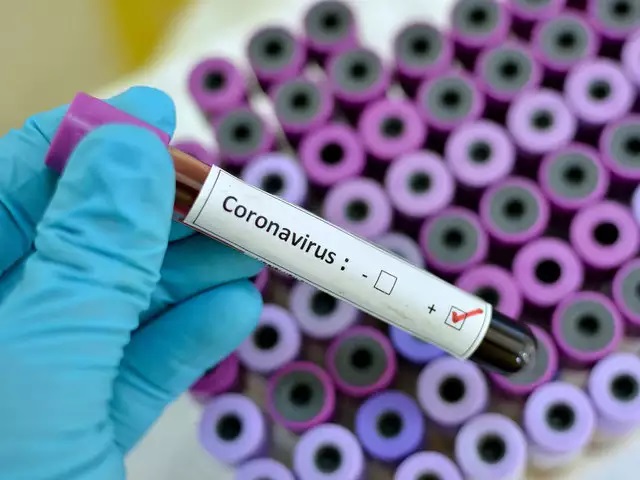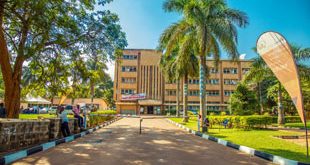
Kampala, Uganda | THE INDEPENDENT | As investigations into negative COVID-19 cases that are wrongly declared positive take route in different countries including neighboring Kenya, experts in Uganda say that wrong results shouldn’t be a cause for alarm.
Speaking to URN on Thursday, Dr. Stephen Kiyimba, a microbiologist and executive director of Ebenezer Laboratory said differences in outcomes of tests are common not just for COVID-19 but all infections explaining that it’s a reason why countries have to pretest test kits before approving them for use.
“In Uganda, UVRI (Uganda Virus Research Institute) had to do these pretests before National Drug Authority approved them for use. Wrong results will always be there but ability to detect the errors is what should concern us.”
He explains that errors can happen at any of the three stages of testing whereby samples can be tempered with in collection or packaging, others arise at the time of reading or coding and yet still errors can happen during the testing process itself.
Another expert, Dr. William Anzo, an obstetrician and gynaecologist says there is no testing machine that can offer 100% sensitivity a reason as to why the World Health Organisation recommends use of kits that can offer sensitivity of a minimum of 80%. Sensitivity in lab testing refers to the specificity or effectiveness in performance of any test.
With 94% when it comes to Polymerase Chain Reaction (PCR), the test used for majority COVID-19 tests in Uganda, Anzo says Uganda is using some of the most accurate testing globally since some countries are experimenting with tests with low sensitivity below 80%.
He said countries like South Korea are using antibody tests with 64% sensitivity.
Over the weekend, the Pathologists Lancet laboratories in Kenya issued a statement in which they said they were launching an investigation after COVID-19 tests confirmed at the lab were found negative at different other labs when similar tests were done 24 to 48 hours later.
The statement noted that preliminary review had not found errors in their machines leading to the positive result but how they were analyzing differences in sensitivity in the test was through comparing it with other tests and issues concerning the timing of result taking for each of the samples.
While the Kenya scenario is the most recent, earlier this month, the laboratory at Makerere University declared some nine tests positive and yet they were negative something that caused a backlash.
The tests were picked from a batch of 50 samples that had to be retested after noticing discrepancies.
In an interview with URN, Health Minister Dr. Jane Ruth Aceng said ever since the incident, they have revamped efforts in doing retests for verification as this is the only sure way confirmations and errors can be detected.
According to her, the ministry is investing in ensuring that reagents on different machines are frequently validated in addition to having more laboratory staff to reduce the workload in busy labs like at the Uganda Virus Research Institute.
******
URN
 The Independent Uganda: You get the Truth we Pay the Price
The Independent Uganda: You get the Truth we Pay the Price


